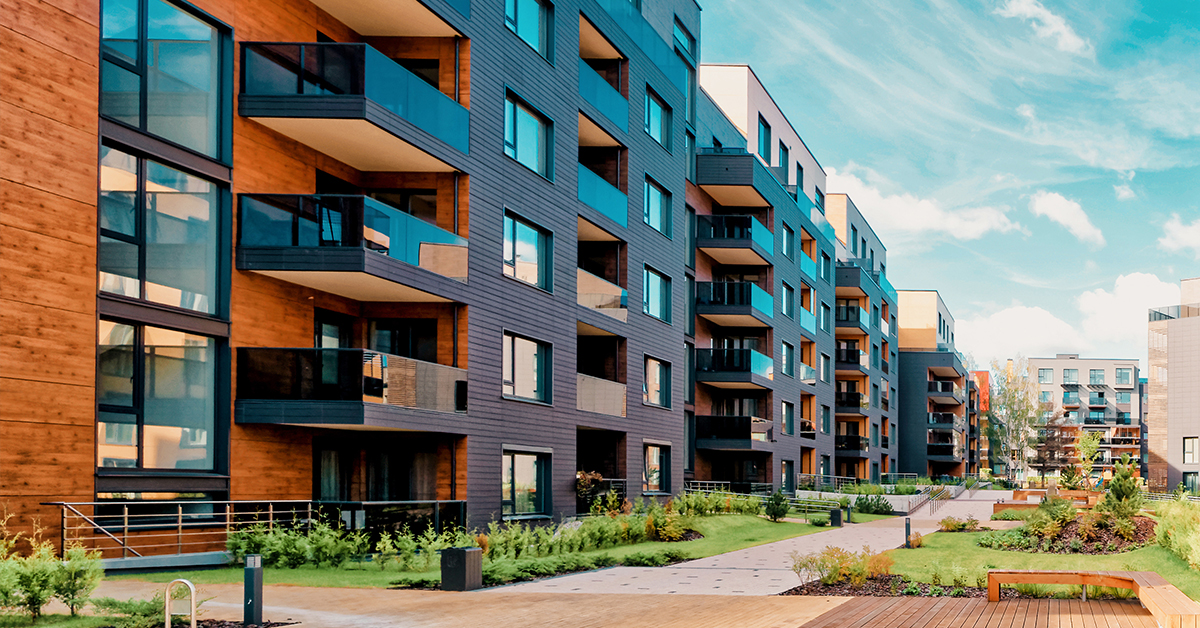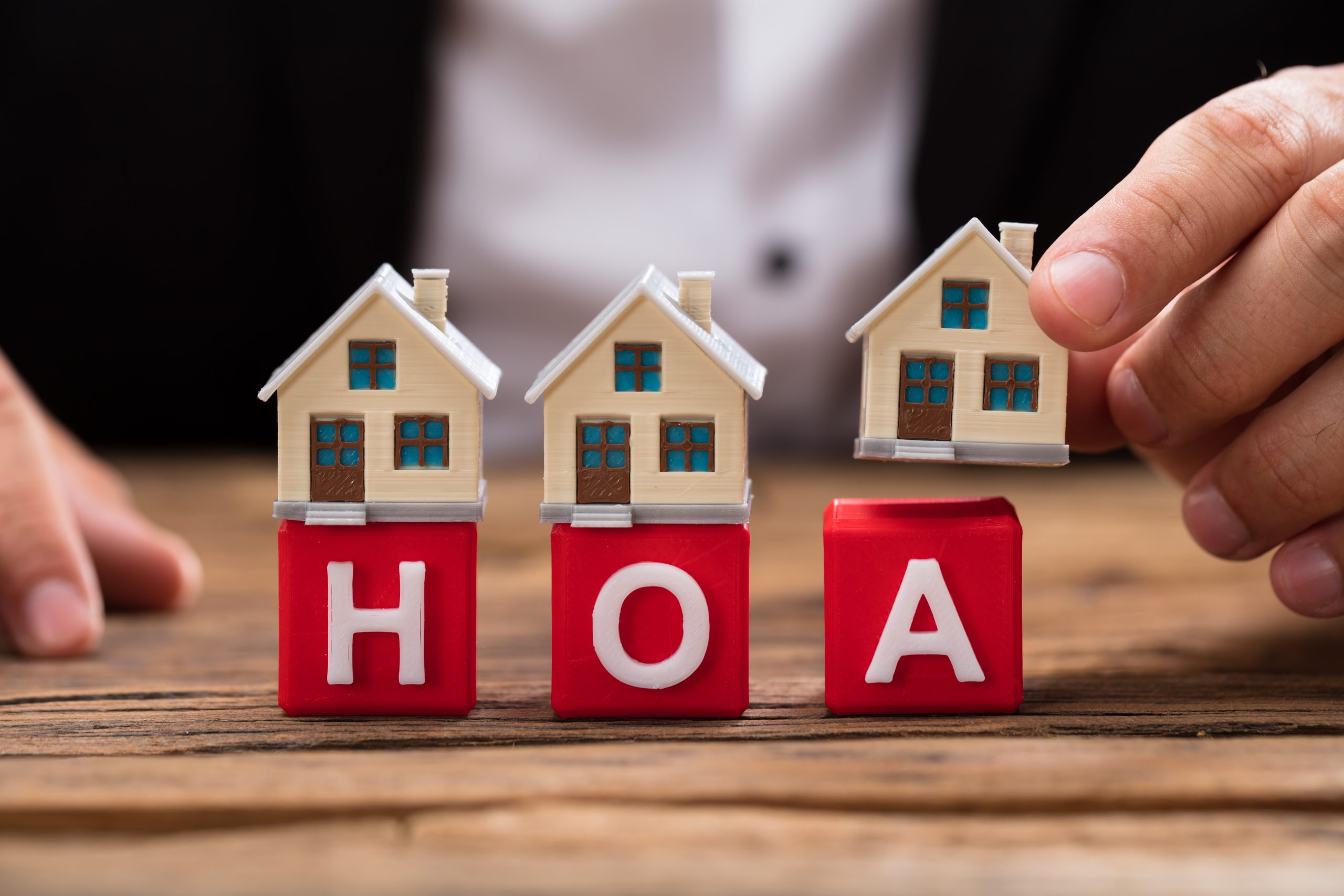The Role of an HOA in Developing and Enforcing Community Guidelines for Homeowners
The function of a Homeowners Organization (HOA) in establishing and implementing area guidelines is essential to keeping a organized and cohesive property environment - hoa condo. By developing clear regulations that govern elements such as building upkeep and neighborhood conduct, the HOA not just establishes standards for citizens yet also promotes a feeling of belonging and liability. However, the implementation of these standards can offer numerous difficulties, questioning about communication, neighborhood, and justness interaction. As we check out these intricacies, it ends up being apparent that the effect of an HOA extends far beyond plain regulation enforcement.
Comprehending Property Owners Organizations
Homeowners organizations (HOAs) work as controling bodies for property communities, playing an essential role in preserving home worths and promoting a sense of neighborhood. Generally created by designers, HOAs are made up of house owners within a designated location who choose a board to supervise the organization's activities. The key functions of an HOA consist of imposing community policies, managing typical areas, and arranging neighborhood occasions.
HOAs run under a set of controling files, consisting of conditions, restrictions, and agreements (CC&R s), which lay out the rights and obligations of house owners. These regulations intend to ensure that residential or commercial properties are kept to a certain requirement, consequently shielding the visual appeal and general value of the community. Additionally, HOAs usually accumulate dues from homeowners to fund maintenance, landscape design, and other social work.
The presence of an HOA can significantly affect the living experience within a community (hoa condo). While some locals value the structured environment and services provided, others may find certain policies restrictive. Balancing the interests of all property owners is vital for an HOA to work successfully, making certain that it offers its designated function of improving neighborhood living while respecting individual homeowner rights
Creating Area Standards

To start, an HOA needs to perform studies or hold conferences that enable homeowners to articulate their problems and pointers. This participatory procedure cultivates a feeling of possession and increases compliance. Next off, the HOA board have to examine the comments to determine typical themes and priorities that warrant formal incorporation in the standards.
It is likewise necessary to guarantee that the guidelines are clear, succinct, and quickly comprehended. Ambiguities can lead to conflicts and misconceptions, threatening the function of the guidelines. Furthermore, the standards ought to be thorough, covering different facets of community living, consisting of property maintenance, sound degrees, and usage of typical areas.
Enforcement of Policies
Efficient enforcement of community regulations is vital for maintaining order and guaranteeing that all homeowners stick to the developed guidelines. An HOA has to execute an organized method to apply these guidelines, which frequently entails a combination of tracking, interaction, and penalties for non-compliance.
First, routine examinations and neighborhood patrols can assist identify infractions, making certain that guidelines are constantly used across the community. This aggressive monitoring permits the HOA to resolve issues before they rise, cultivating a sense of responsibility amongst homeowners.
Second, clear interaction is essential. Locals must be educated of the regulations and the procedures for reporting violations. An open line of communication motivates homeowners to voice concerns and seek information on guidelines, which can improve conformity.

Finally, when infractions happen, the HOA needs to impose repercussions as described in the governing documents. This may consist of advising letters, penalties, or, in extreme instances, lawful activity. It is essential that charges are applied fairly and continually to maintain trust within the community. By properly implementing policies, an HOA can cultivate a harmonious living setting that shows the collective values of its residents.
Benefits of HOA Rules
Many benefits develop from the implementation of HOA laws, which serve to boost the high quality of life within a neighborhood. One key advantage is the upkeep of residential property values. By applying requirements for visual appeals and maintenance, HOAs guarantee that look at this web-site homes and common areas stay attractive, promoting a preferable living environment that can bring about increased residential property worths in time.
In addition, HOA policies advertise uniformity and uniformity within the neighborhood. This comprehensibility in layout and maintenance aids to create a sense of belonging amongst locals, adding to neighborhood satisfaction and a positive environment. Developed standards help with dispute resolution amongst next-door neighbors by providing clear expectations and protocols for habits, consequently minimizing conflicts.
One more substantial advantage is the stipulation of common services and solutions. Several HOAs take care of area facilities such as clubs, parks, and pools, which improve leisure opportunities for locals. These facilities not only improve the lifestyle but also urge social communication.
Inevitably, the guidelines stated by an HOA cultivate a well-organized, unified community, ensuring that homeowners appreciate a high criterion of living while promoting a helpful environment for all homeowners.
Usual Obstacles Dealt With by HOAs
In the middle of the benefits that homeowners organizations (HOAs) can supply, they also encounter a selection of difficulties that can impede their performance. One considerable concern is the absence of resident involvement. Lots of home owners might not take part in meetings or area activities, bring about a separate in between the HOA board and locals. This disengagement can result in misconceptions regarding area standards and an absence of support for enforcement initiatives.
One more obstacle is the enforcement of guidelines and guidelines. Disputes can develop when homeowners feel that enforcement is irregular or prejudiced, potentially resulting in problems within the community. Furthermore, HOAs usually face monetary restraints, which can restrict their ability to preserve typical locations or fund community jobs. This can produce frustration amongst residents who expect high requirements of maintenance.
Additionally, navigating lawful complexities can be intimidating for HOAs. Developing and transforming demographics community needs call for HOAs to adapt their guidelines, often satisfying resistance from long-lasting locals that are accustomed to traditional standards.
Verdict

By developing clear regulations that govern facets such as property maintenance and community conduct, the HOA not only establishes standards for residents yet likewise promotes a feeling of belonging and liability.Homeowners associations (HOAs) serve as governing bodies for property areas, playing an important duty in maintaining property values and fostering a feeling of area. Many house owners might not take part in conferences or area activities, leading to a disconnect between the HOA board and citizens. Evolving and transforming demographics neighborhood needs need HOAs to adjust their guidelines, typically fulfilling resistance from long-lasting residents that are accustomed to traditional standards. Through visit the development of clear policies and regular enforcement, HOAs promote residential or commercial property maintenance, area satisfaction, and trust amongst homeowners.